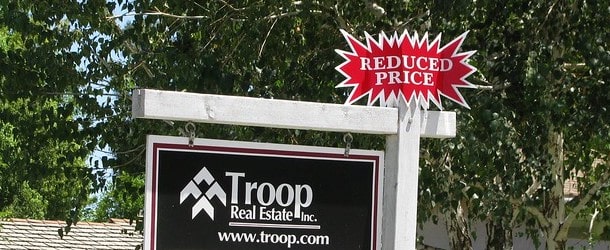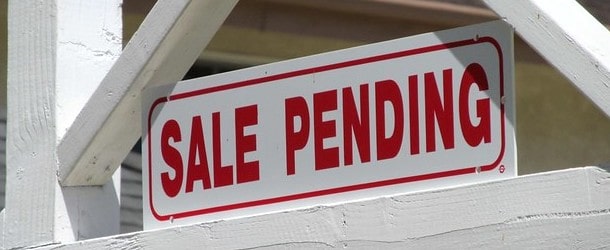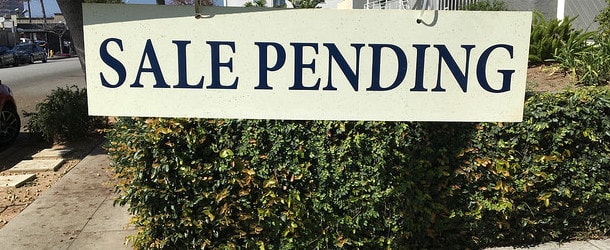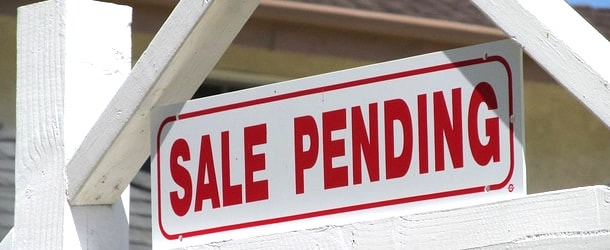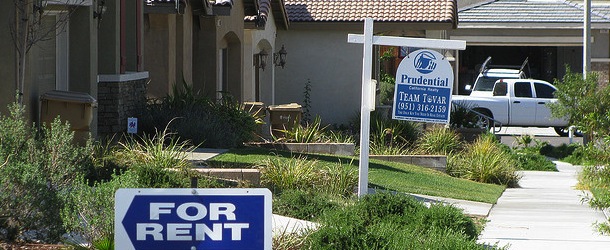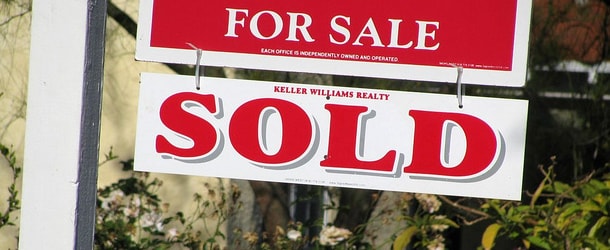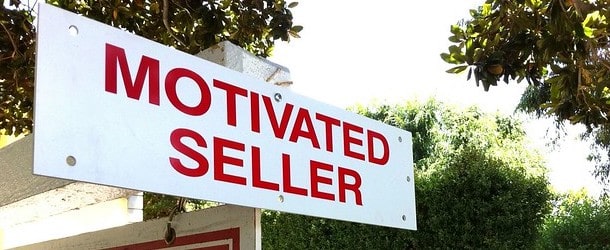Housing Market
Commentary on the latest housing market news, with a focus on home prices, buying and selling conditions, and if another housing crash is right around the corner.
Hint: It probably isn’t for a while, at least with regard to home prices. Though you could argue there’s a major affordability crisis at the moment.
In short, a lack of for-sale supply continues to plague the housing market.
This absence of inventory has resulted in record high home prices, despite a surge in mortgage rates from the 2-3% range to 7% and higher.
And it’s probably hurting first-time home buyers the most, whether it’s an affordability issue or the inability to find a property.
At the same time, home sellers remain in a good spot due to this lack of supply and still relatively strong demand.
The problem for them might be finding a suitable replacement property.



